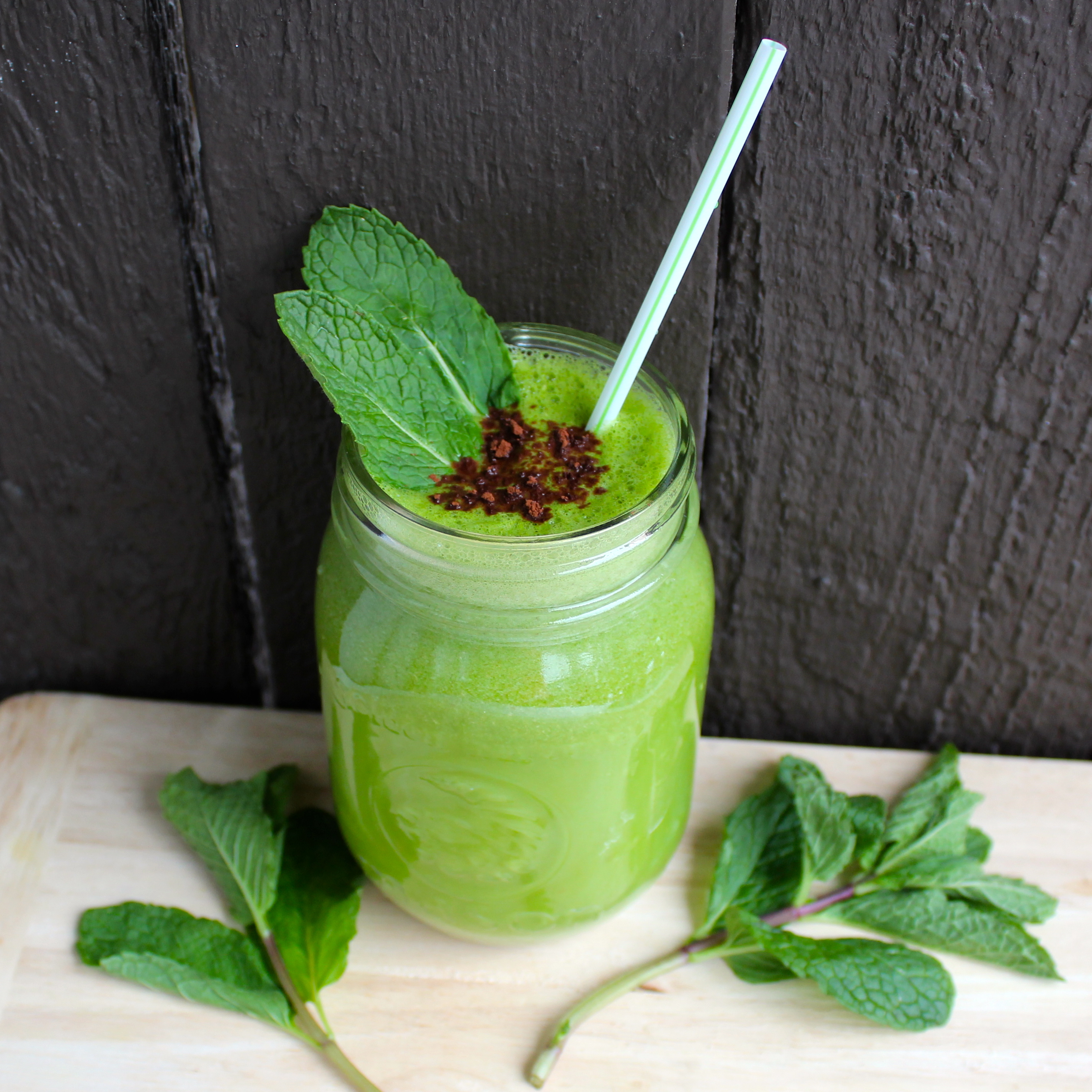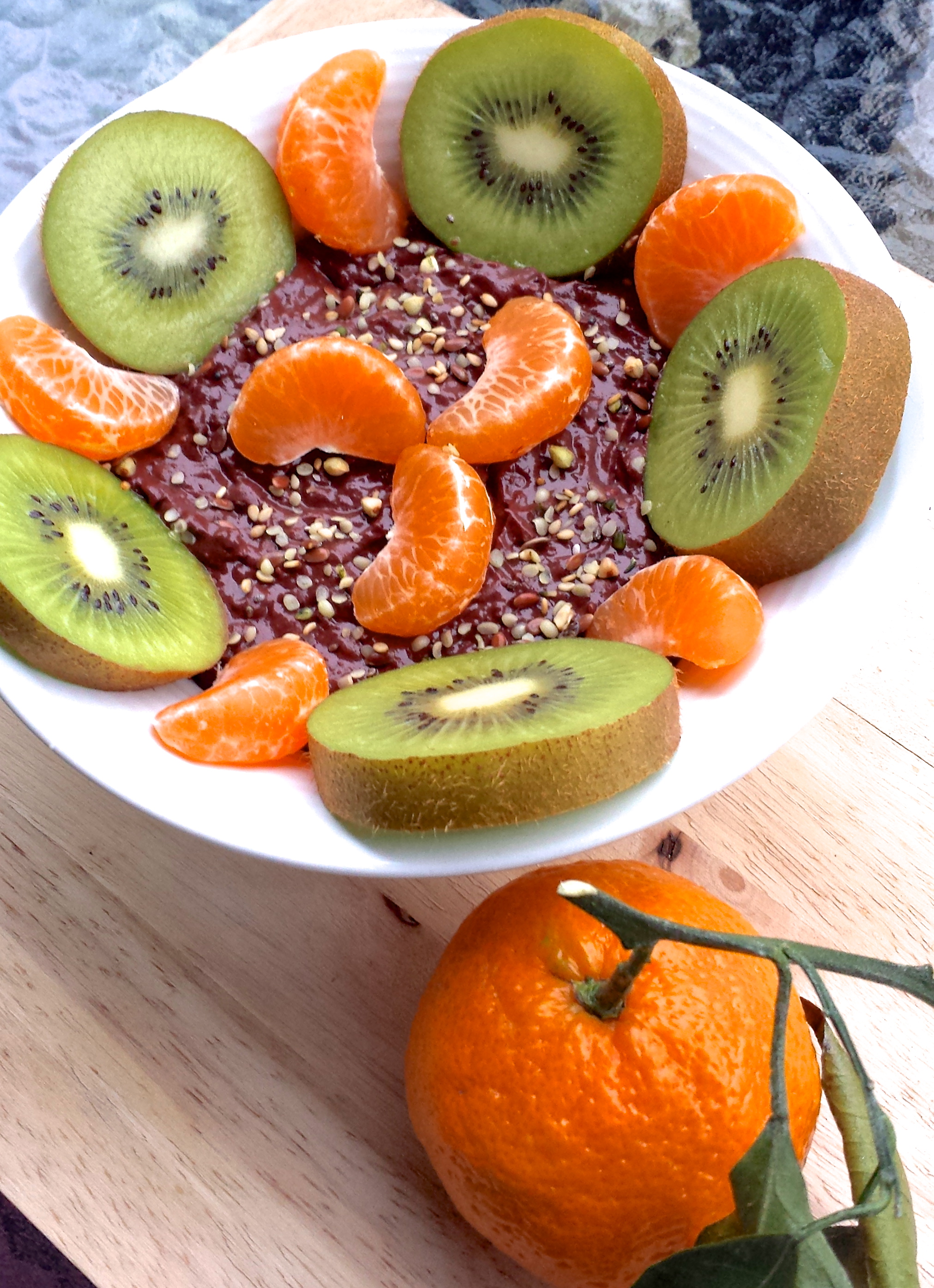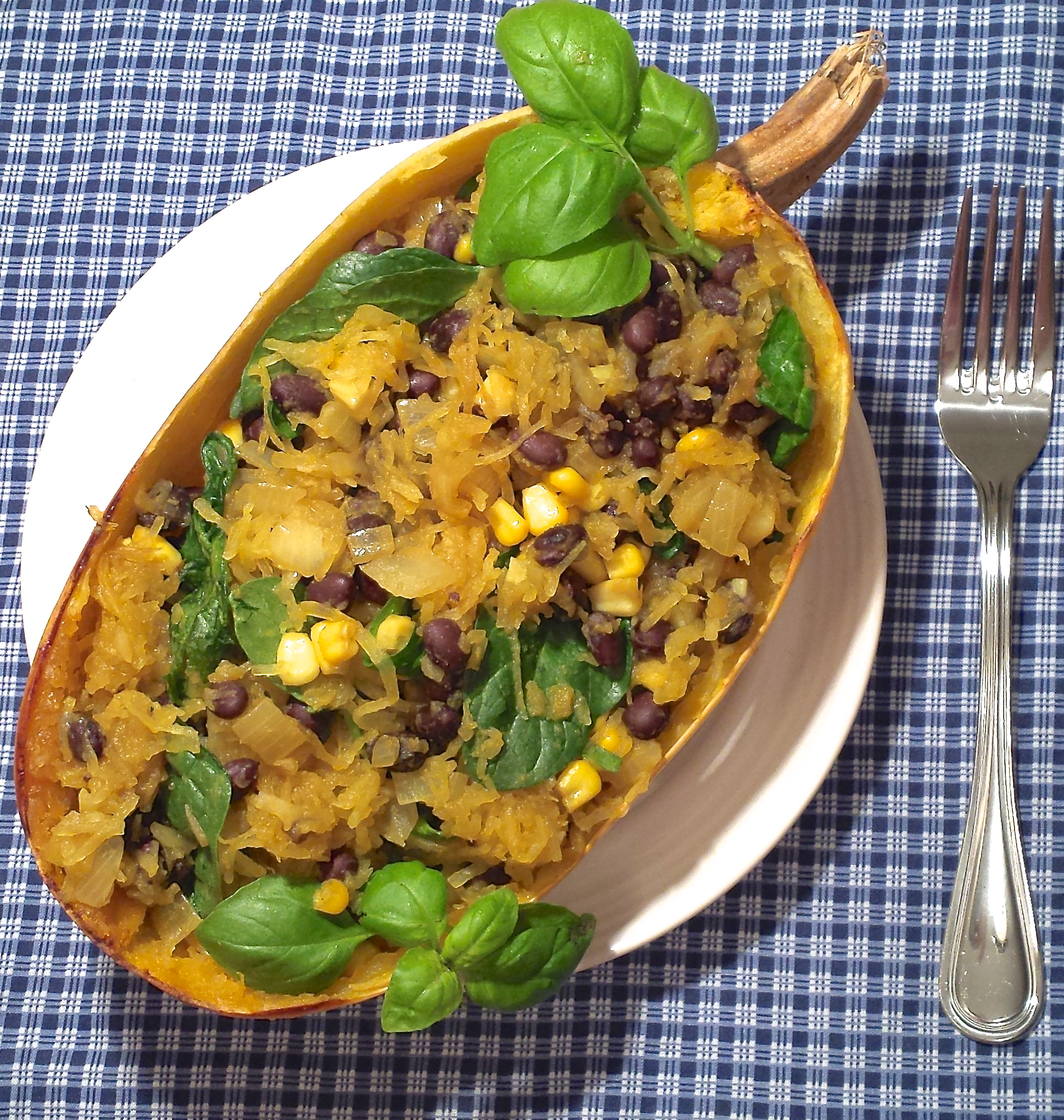Get creative with your smoothies by adding two PCOS-fighting teas: matcha and spearmint.
Categories
Mint Matcha Mocha Madness Smoothie


Get creative with your smoothies by adding two PCOS-fighting teas: matcha and spearmint.

A chocolate orange with a twist: health benefits!

Low-glycemic ‘pasta’ dish in a fun boat.